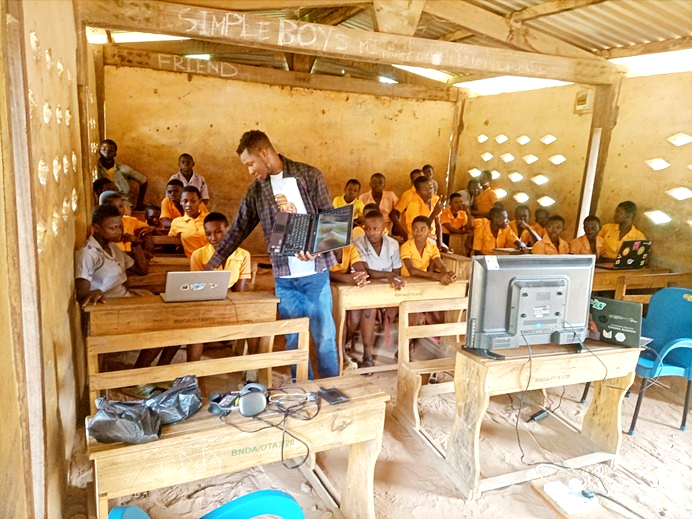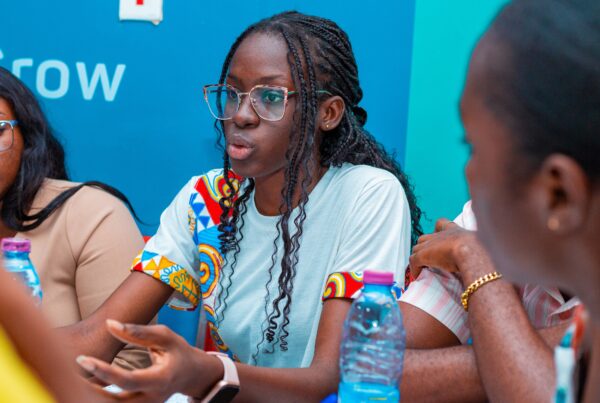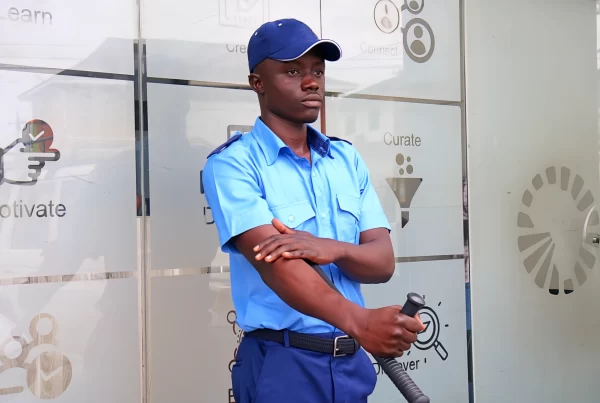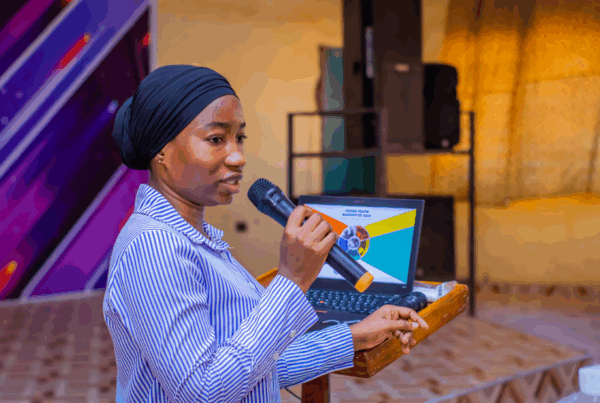
By Daniel Jatuat
Founder, Wonsaakab Academy.
In the remote village of Jilig in the Bunkpurugu District of Ghana’s North East Region, the digital divide is not just statistics; it’s a daily reality. Growing up here, I witnessed firsthand how limited access to technology and digital skills hindered the potential of young people in my community. This gap in digital literacy not only restricted access to information but also perpetuated cycles of poverty and inequality.
Motivated by these challenges, I initiated some activities aimed at introducing basic digital skills training to junior high school students in Jilig. The programme focused on foundational IT skills including computer basics, internet navigation, and file management. By equipping these students with these essential skills, I aimed to empower them to access educational resources, explore career opportunities, and participate fully in the digital world.
This initiative is part of a broader perspective to bridge the digital divide in the whole district and the North East region at large. In rural areas like Jilig, internet connectivity remains limited, with only 34 to 40 percent of individuals having access, compared to 59 to 66 percent in urban centres according to data from the Ghana Investment Fund for Electronic Communications (GIFEC). Furthermore, cultural factors and systemic norms often discourage women and girls from engaging with technology, exacerbating the gender digital divide.
Despite these efforts, challenges persisted. Limited infrastructure and equipment, high cost of internet access, and a shortage of other trained educators and like-minded colleagues continue to impede the progress.
As I look to the future, it is imperative that we continue to invest in digital literacy programmes, especially in rural and underserved communities. By empowering young people with the skills and knowledge to navigate the digital world in this century, we can unlock their potentials and pave the way for a more inclusive and equitable society.
Through collective efforts and sustained commitment, we can bridge the digital divide in Bunkpurugu and ensure that every young person, regardless of their background or location, has the opportunity to thrive in the digital age.







